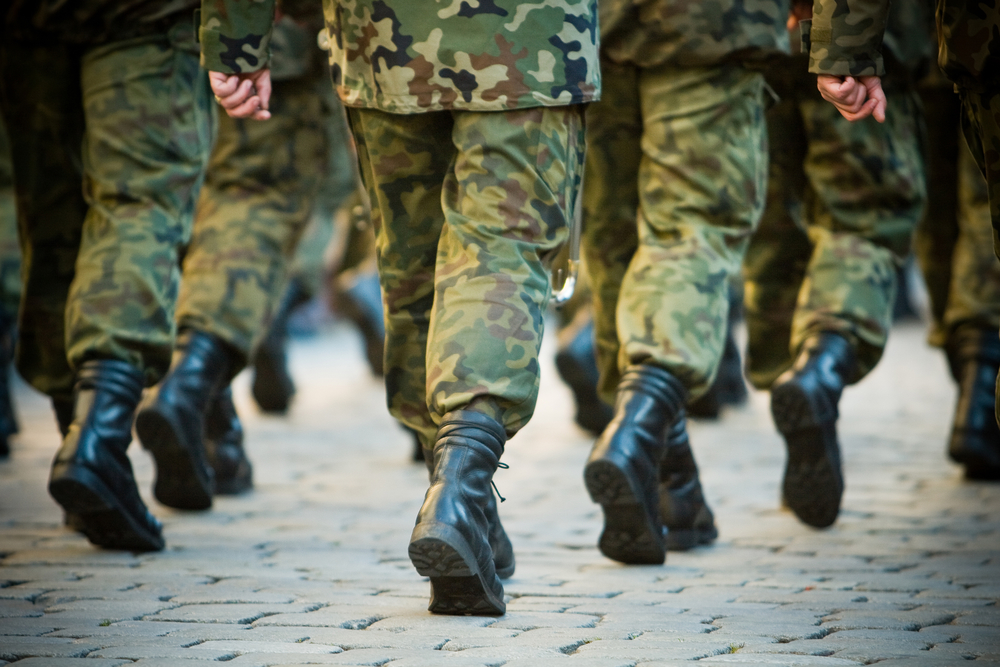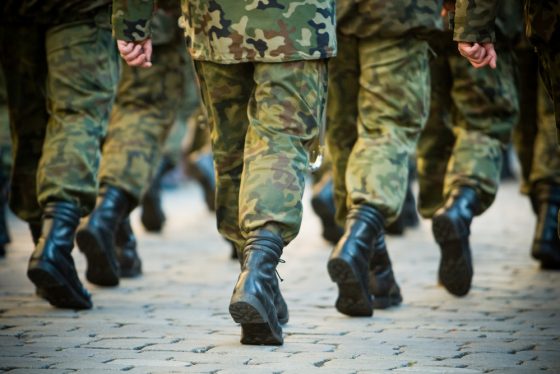Princess Amalia, and 100,000 other Dutch girls, get their call up papers


Some 100,000 17-year old girls in the Netherlands will be receiving their call up papers this week, informing them they are now eligible for military service should it be required.
Active military service was abolished in 1997 but a change in the law agreed in 2018 means girls too will now be sent a letter in the year they turn 17 informing them they have been added to the military service register.
They can be called up at any time if the Netherlands goes to war with another country before they turn 45.
The letter will also alert girls to the possibility of a career in the military. Despite a number of campaigns women only account for 10% of military personnel. ‘It’s increasing slightly but it is very difficult to find women who want an army job,’ a ministry of defence spokesman told broadcaster Nos.
There has never been a situation in the Netherlands where the army of reserves has had to spring into action since compulsory military service was abolished in 1997.
Message
‘But we don’t know what may happen in future and if the safety of the country is at stake it may be necessary for all boys and girls to called up,’ defence minister Ank Bijleveld said in a message to the girls.
It is not known what princess Amalia, who turns 17 in December, will do about her letter, state information service RVD told Nos. ‘We cannot at this time say what princess Amalia will decide about the way she will be introduced to the army as part of her future duties,’ the RVD said.
Princess Amalia is the first female heir to the throne to receive a call up letter. Her father, king Willem-Alexander, opted for the navy where he was trained as an officer and formed part of a frigate crew on several occasions. Female royals have never had a military function and by constitutional law Dutch heads of state do not take the function of commander in chief.
Thank you for donating to DutchNews.nl.
We could not provide the Dutch News service, and keep it free of charge, without the generous support of our readers. Your donations allow us to report on issues you tell us matter, and provide you with a summary of the most important Dutch news each day.
Make a donation